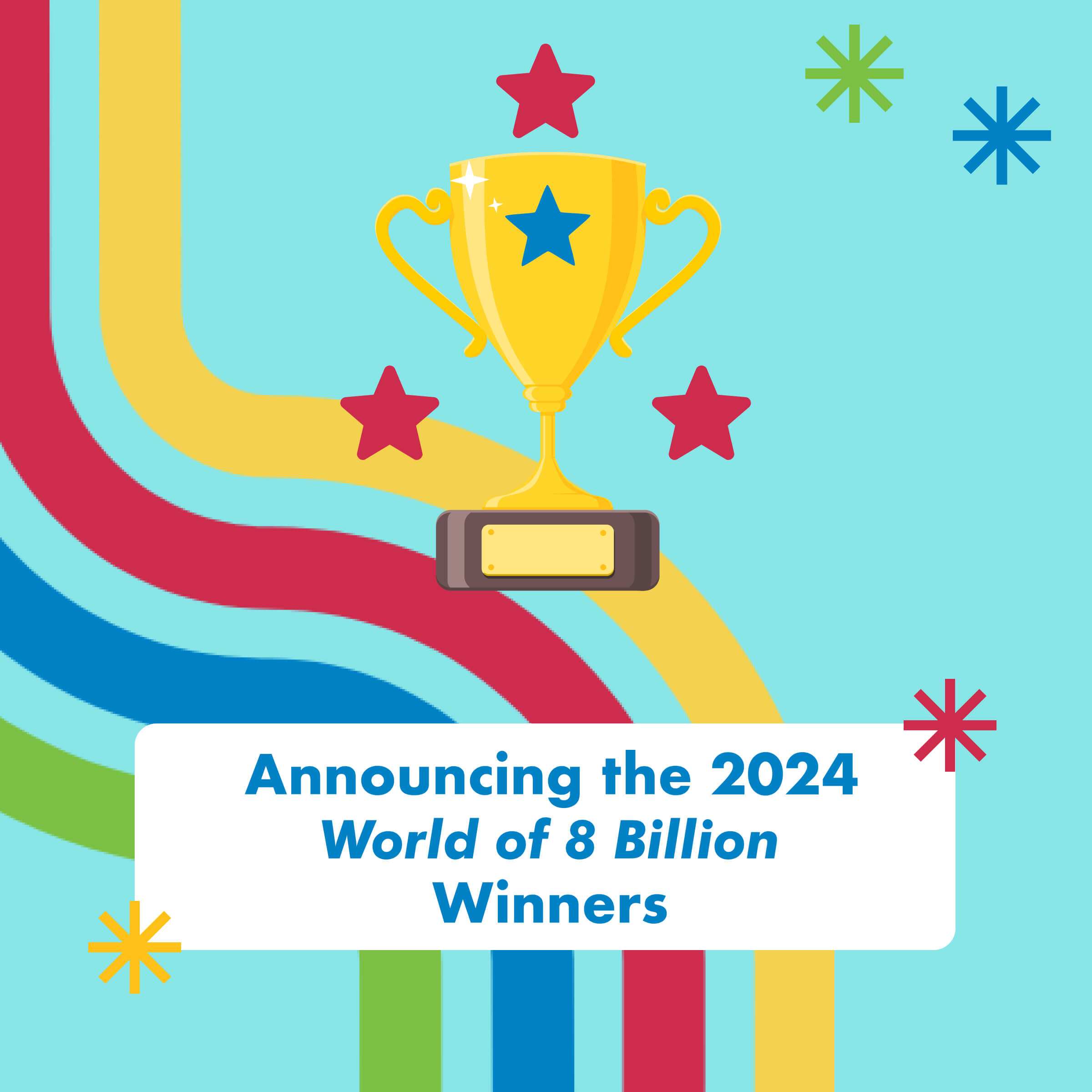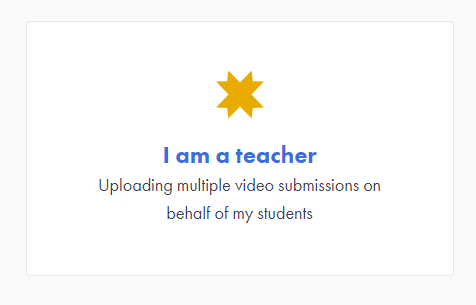New Definition of Social Studies Adds a Global Focus
In late 2023, social studies got a glow up. The National Council for the Social Studies (NCSS), the leader in social studies education in the United States, released a new definition of social studies.
What is the Definition of Social Studies?
According to a press release from NCSS, the new social studies definition is:
“Social studies is the study of individuals, communities, systems, and their interactions across time and place that prepares students for local, national, and global civic life.”
There is a lot packed into that single sentence, so let’s break it down into its main parts.
Social studies is the study of individuals, communities, systems and their interactions. The focus of social studies is the human world and how all 8 billion people are maneuvering within it and what we’ve created to help us survive and thrive. This is why there are social studies courses on economics, government, international relations, ethnic studies, and beyond.
The study takes place across time and place. Here is where history and geography come into play. We want to understand human existence not only today and not only where we live, but throughout eras and in diverse locations.
And finally, social studies prepares students for local, national and global civic life. It’s not just a study for the sake of knowledge (although there is no shame in that game!) but rather a study with a purpose. Today’s students are the next generation of parents going to local school board meetings and volunteers running food drives. They are the future members of congress, religious leaders, and advocates working to improve the lives of people around the country. And it is important that they understand that their actions, voice, and vote reach to far corners of the globe, impacting people they have never, and will never, meet.
How is the New Social Studies Definition Different?
Prior to November 2023, the NCSS website stated: “Social studies is the integrated study of the social sciences and humanities to promote civic competence” And there was a clear purpose to prepare students to take actions “for the public good.”
What the new definition brings to the forefront is students’ roles at the local, national, and global level. According to Dr. Shannon Pugh, NCSS past-president and chair of the task force that revised this definition, this expansion “reflects the human role in both defending and enjoying individual and community rights as well as the responsibility for making the world a better place for all of us.” It’s not just about civic competence, but rather civic action for people everywhere. Taking informed action has been a pillar of the social studies’ C3 Framework; it’s great to see it combined with the global perspective in this new definition of social studies.
Fun Project for Global Civic Action
So how can a teacher bring opportunities for global civic action into the social studies classroom? The World of 8 Billion student video contest is an easy place to start. The student competition highlights how population growth affects other world-wide challenges related to migration, health, and ecosystems. Students’ PSA-style videos help spread the word on timely issues that have local, national, and global impacts. Looking at the definition of social studies, we see direct overlap in that the contest has students “study communities, systems and their interactions” and “prepares students for global civic life.”
And once students have become an expert on their chosen global topic, point them to the Teen Activism Toolkit. The user-friendly Toolkit includes six types of civic actions to engage students with their peers, their community, and the world! Helpful links are embedded throughout the Activism Toolkit that provide guides, printables, contact lists, and organizational tools.
Armed with their new knowledge and civic skills, your students are on their way to successful civic action.







